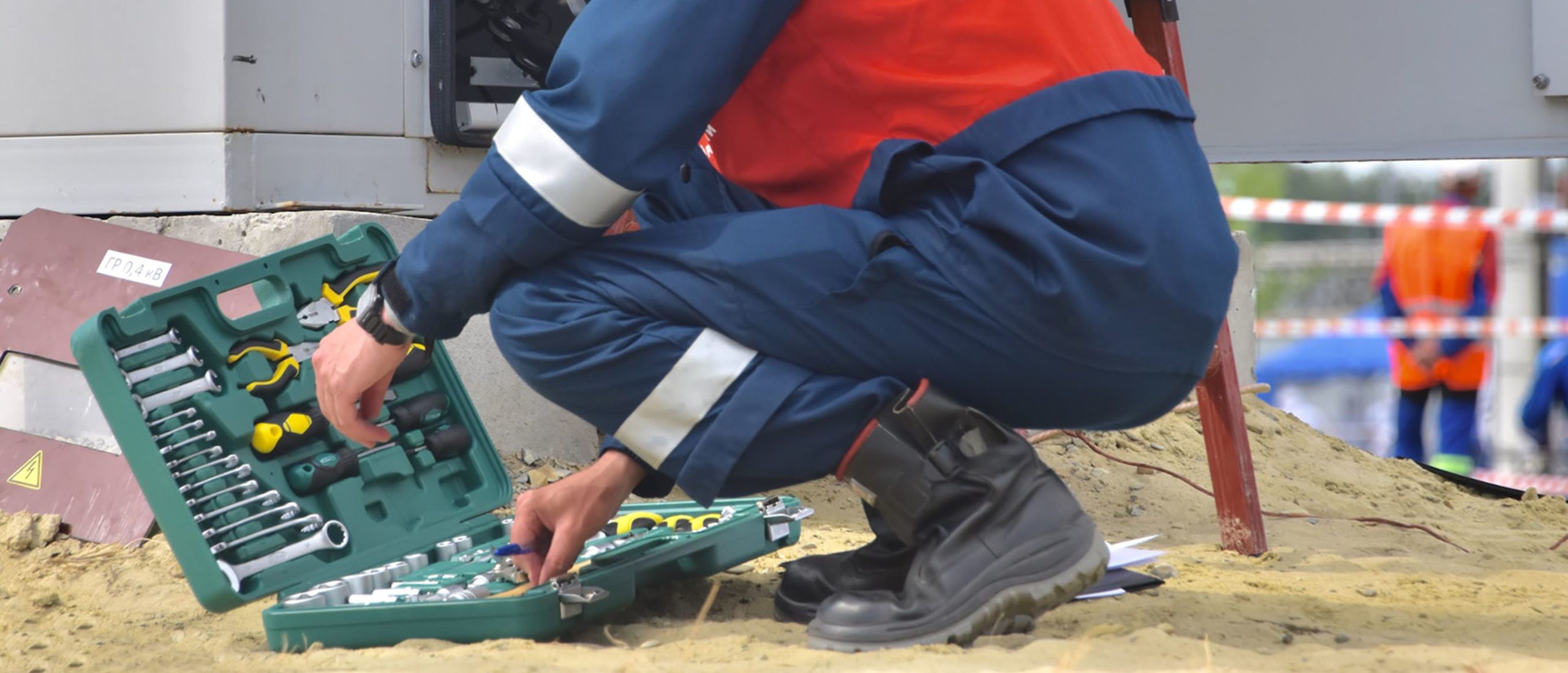Reliability centred maintenance

Reliability Centred Maintenance (RCM) is commonly used to help establish safe minimum levels of maintenance, determine changes to operating procedures and help establish maintenance regimes and plans. Successful implementation can result in cost savings, machine uptime and improved risk management. But the devil’s in the detail – how can you achieve these benefits and successfully implement RCM in your organisation? This programme will help you do just that.
Learning objectives
- What, why, how and who?
- Opportunities and benefits
- Risks
- Cost effectiveness
Who should attend?
Facilities and maintenance managers, their teams and their suppliers
Format
This thoroughly practical one-day workshop uses a mixture of formal tutor inputs, practical exercises, case studies, specialist tools and tutor-facilitated discussion.
The programme can also be delivered in a two-day format, which gives more scope to (a) tailor the content to reflect client’s specific requirements and (b) reinforce the learning through more practical exercises and case studies.
Expert trainer
David has worked at all levels in the UK building services maintenance industry – from apprentice to manager of 400 London buildings. Since 1994 he has been a member of an innovative central London M&E consultancy with the prime responsibility for building operation and maintenance. His expertise includes contingency planning, maintenance and operation strategies, plant condition assessments, maintenance audits and the development of performance-based operation and maintenance contracts. David regularly delivers training workshops and courses, both in-house and public (many of them presented on behalf of the BIFM), on topics such as performance based contracts, building services operation and maintenance strategies.
Note: this is a purely indicative outline. The content, duration, objectives and material used can all be adapted to match your specific requirements.
1 What is maintenance?
- Why maintain?
- Traditional maintenance methods
- Common current practices and trends
2 What is Reliability Centred Maintenance?
- Its history
- Its development
- Current usage
- Where can it be cost-effective?
3 How does it work?
- Basic features
- Key criteria
- Maintenance options
- Key outcomes
4 Making the business case and preparing the strategy
- Identifying and quantifying current risks
- Identifying and quantifying current costs
- Motivating decision-makers
- Identifying and empowering those who have to deliver the results
- Educating / gaining buy-in from interested parties
5 Implementation
- Identify business functions
- Prioritise functions
- Verify correct usage
- Identify failure modes
- Identify the consequences of failure
- Understand the failure process
- Specify the appropriate maintenance action(s)
6 Ongoing requirements
- Monitoring
- Recording
- Analysis
- Continuous re-evaluation
7 Open discussion
- Sharing experience and addressing specific issues of interest to participants
- Course review
- Close
Any questions? Please just give us a call on 01582 463463 – we’re here to help!
